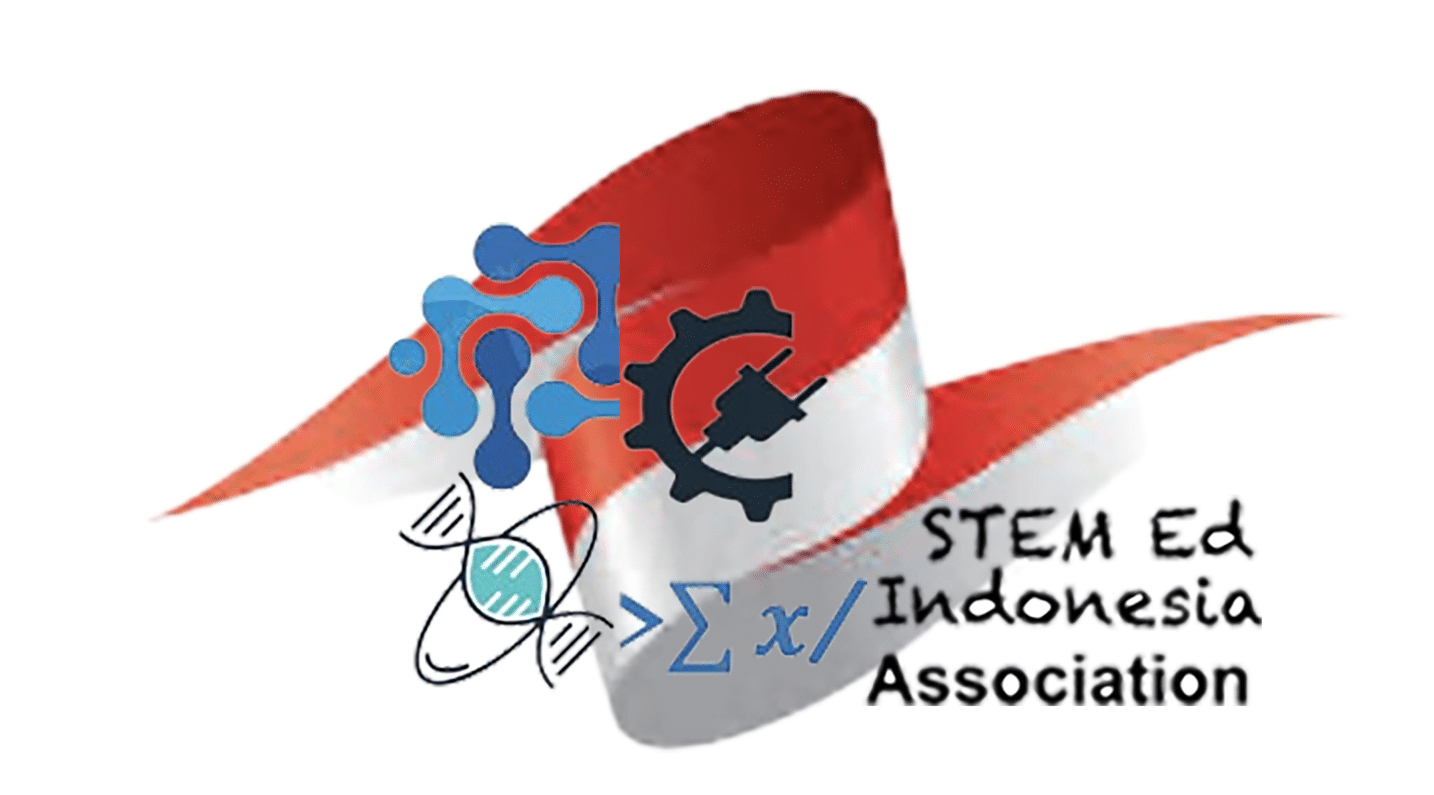Dissemination of Children's Literary Work to Optimize Virtual Language Laboratory at Elementary School Education Department
DOI:
https://doi.org/10.70290/jeti.v2i1.38Keywords:
Dissemination, Children's literature, Virtual, LaboratoryAbstract
The rapid development of Science and Technology (IPTEK) in the 21st century has led to changes in curriculum, media, and technology. Good learning media can make abstract concepts to be easily understood. The 21st century learning requires ICT-based learning which requires interactive media. Teachers must ensure that learning can run well and learning objectives can be achieved. Virtual laboratories can be used in learning (VLab). VLab can be utilized in class or for self-learning. Virtual lab-based learning overcomes 21st-century learning difficulties. The virtual laboratory is an interactive medium where students can observe phenomena in order to fulfill learning objectives. The results of the study show that (1) The Language VLab at http://pgsd.fip.unesa.ac.id/page/vilab-language is feasible to use. The user response test to VLab Language shows 84.5% feasibility. The results of VLab Language dissemination have been optimal that can be seen through the enthusiasm of VLab Language visitors; (2)The results of data collection showed that 50% of students, 30% of lecturers, and 20% of professors visited the Language VLab. Students frequently visit the Language VLab. While, the title of the fairy tale book that is often read and downloaded by readers is entitled "The Country of Learning".
References
Adlina, F. L. (2022). Systematic Mapping in Mobile Learning Topics Based on Bibliometric Analysis. Journal of Educational Technology and Instruction, 1(1), 81–88.
Chignell, M., Wang, L., Zare, A., & Li, J. (2022). The Evolution of HCI and Human Factors: Integrating Human and Artificial Intelligence. ACM Transactions on Computer-Human Interaction.
Dede, S. (2022). Pengembangan E-Modul Laboratorium Virtual (Virtual Laboratory) Berbasis Android Sebagai Media Pembelajaran Fisika pada Materi Termodinamika Kelas Xi (Doctoral dissertation, UIN Raden Intan Lampung).
Hafizah, H., Rahmat, A., & Rohman, S. (2022). Pembelajaran Sastra Anak Dalam Membentuk Karakter Di Sekolah Dasar. Jurnal Pendidikan Bahasa Dan Sastra Indonesia Metalingua, 7(2), 137-144.
Hochstrasser, K., & Stoddard, H. A. (2022). Use of Cognitive Load Theory to Deploy Instructional Technology for Undergraduate Medical Education: a Scoping Review. Medical science educator, 1-7.
Indarta, Y., Jalinus, N., Waskito, W., Samala, A. D., Riyanda, A. R., & Adi, N. H. (2022). Relevansi Kurikulum Merdeka Belajar dengan Model Pembelajaran Abad 21 dalam Perkembangan Era Society 5.0. Edukatif: Jurnal Ilmu Pendidikan, 4(2), 3011-3024.
Jaya, H. (2012). Pengembangan laboratorium virtual untuk kegiatan paraktikum dan memfasilitasi pendidikan karakter di SMK. Jurnal Pendidikan Vokasi, 2(1), 81- 90. https://doi.org/10.21831/jpv.v2i1.1019
Kadarwati, S., Hariyono, M., & Dartani, M. Y. R. (2022). Peningkatan kompetensi guru sekolah dasar melalui penggunaan multimedia interaktif dalam pembelajaran. Indonesian Journal Of Community Service, 2(1), 75-82.
Khairunnisa, H., Pratama, A., Musyaffi, A. M., Wolor, C. W., Respati, D. K., Fadillah, N., & Zahra, S. F. (2022). Konsep dan tips dalam menulis karya ilmiah. Pascal Books.
Kurniawan, R.A., Rifa’i, M.R. & Fajar, D. M. (2020). Analisis Kemenarikan Media Pembelajaran Phet Berbasis Virtual Lab pada Materi Listrik Statis selama Perkuliahan Daring Ditinjau dari Perspektif Mahasiswa. VEKTOR: Jurnal Pendidikan IPA, 1(1), 19–28. https://doi.org/10.35719/vektor.v1i1.
Maghfiroh, N., & Sholeh, M. (2022). Implementasi Kurikulum Merdeka Belajar Kampus Merdeka Dalam Menghadapi Era Disrupsi Dan Era Society 5.0. Jurnal Inspirasi Manajemen Pendidikan, 9(5), 1185–1196.
Manongga, D., Rahardja, U., Sembiring, I., Lutfiani, N., & Yadila, A. B. (2022). Dampak Kecerdasan Buatan Bagi Pendidikan. ADI Bisnis Digital Interdisiplin Jurnal, 3(2), 41-55.
Muslem, A., & Abbas, M. (2017). The effectiveness of immersive multimedia learning with peer support on English speaking and reading aloud. International Journal of Instruction, 10(1), 203-218. https://doi.org/10.12973/iji.2017.10113a
Nikolajeva, M. (2015). Children’s literature comes of age: toward a new aesthetic. Routledge.
Pertiwi, T., & Rosmiati, A. (2022). Kajian stilistika pada kumpulan cerita anak oleh direktorat jenderal pajak republik Indonesia. Jurnal Basataka (JBT), 5(1), 155-162.
Prihatiningtyas, S, Prastowo. T & Jatmiko, B. (2013). Implementasi Simulasi PhET dan KIT Sederhana untuk Mengajarkan Keterampilan Psikomotorik Siswa pada Pokok Bahasan Alat Optik. Jurnal Pendidikan IPA Indonesia, 2(1), 18–22. https://doi.org/10.15294/jpii.v2i1.2505
Putri, R. J., Rahman, T., & Qonita, Q. (2021). Penerapan Model Pembelajaran Multiple Intelligences untuk Menyiapkan Siswa di Era Super Smart Society 5.0. Edukatif : Jurnal Ilmu Pendidikan, 3(3), 871–879.
Raini, Y. 2020. “Simulasi PhET sebagai Media Pembelajaran pada Materi Struktur Atom dan Sistem Periodik di SMA Taruna Terpadu Bogor”. Prosiding LPPM UIKA Bogor, 65–78. http://pkm.uika-bogor.ac.id/index.php/prosiding/article/ view/628
Roosyanti, A. (2022). PhET interactive simulations sebagai laboratorium virtual pada pembelajaran sains sekolah dasar selama pandemi Covid-19. AULADUNA: Jurnal Pendidikan Dasar Islam, 9(2), 121-135.
Rustin, M., & Rustin, M. (2018). Narratives of love and loss: Studies in modern children’s fiction. Routledge.
Savitri, A. (2019). Revolusi industri 4.0: mengubah tantangan menjadi peluang di era disrupsi 4.0. Penerbit Genesis.
Silvi, I. (2022). The Effect of Augmented Reality on Students' Motivation and Spatial Ability: A Literature Review from 2016-2020. Journal of Educational Technology and Instruction, 1(1), 25-35.
Simarmata, J., Chaerul, M., Mukti, R. C., Purba, D. W., Tamrin, A. F., Jamaludin, J., ... & Meganingratna, A. (2020). Teknologi Informasi: Aplikasi dan Penerapannya. Yayasan Kita Menulis.
Song, Z., Shah, N., Guo, J., & Zhu, Q. (2022, March). Applying Project-based Learning to Improve Computer Networks Courses: An Experience Report. In 2022 IEEE Global Engineering Education Conference (EDUCON) (pp. 148-156). IEEE.
Sony, S., & Katkar, M. D. (2014). Survey paper on virtual lab for E-Learners. International Journal of Application in Engineering & Management, 3(1), 108-110
Widiastuti, N. L. (2022). A Systematic Literature Review of Mobile Learning Applications in Environmental Education from 2011-2021. Journal of Educational Technology and Instruction, 1(1), 89-98.
Downloads
Published
How to Cite
Issue
Section
License
Copyright (c) 2023 Asri Susetyo Rukmi, Wahyu Sukartiningsih, Heru Subrata, Maryam Isnaini Damayanti, Hendratno, Nurul Istiq'faroh

This work is licensed under a Creative Commons Attribution-NonCommercial 4.0 International License.




